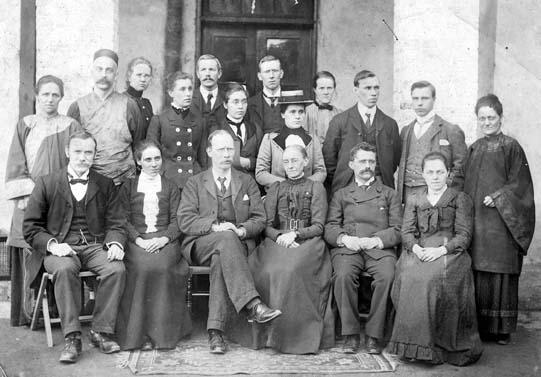Quaker Capitalism and virtuous companies

I am fascinated that in the early years of the industrial revolution some of the great businesses were established by Quakers – not least the first iron foundry established by Abraham Darby.
There were many others, Cadbury, Rowntree, Clarks’ Shoes, Barclays and Lloyds. Why was this so? The answer lies in some combination of moral integrity, culture, networks and spiritual commitment or purpose. I am not suggesting we all become Quakers but rather that there are lessons, both commercial and moral, which we could usefully learn.
Too often in our debates about enterprise, ethics and society we use ‘binary’ terms. So, for example, ‘profit’ is set up against ‘people’ or ‘competition’ against ‘fairness.’ However, these dichotomies (capital versus labour is another one) are invariably simplistic. Profit may also enable people to flourish, through the provision of goods and services as well as employment. Competition may increase fairness by allocating resources for consumers at lower prices and ensuring efficient production. The impact of enterprise in an economy cannot not be reduced to an ‘either-or’ but affects many people and their livelihoods, from entrepreneurs to consumers. The encouragement of enterprise is essential especially through what is usually termed the ‘supply-side’ of the economy. This means a fair reward for the entrepreneurs who take risks, encouragements to invest and to employ and taxation regimes that incentivise.
From an ethical perspective however the responsibilities extend more widely. Companies, large and small, have a significant impact on wider society. Do virtuous companies exist or just virtuous individuals? A virtuous enterprise might be described as one which not only behaves well or acts properly but which acknowledges and acts upon its wider role in society, even challenging that society itself in the direction of virtue. Companies and individual business people can have an enormous impact upon their local communities for the good. They can indeed act morally commercially, but also, through their actions they can, in a free economy and a free society, shape virtue itself, through service, philanthropy and example. However, to do so, they must be fashioned and led by moral individuals. Values are at the heart of both virtuous enterprises and individuals; the restoration of commercial trust will have direct commercial benefit but will also benefit society itself.

Dr Richard Turnbull is the Director of the Centre for Enterprise, Markets & Ethics (CEME). For more information about Richard please click here.
